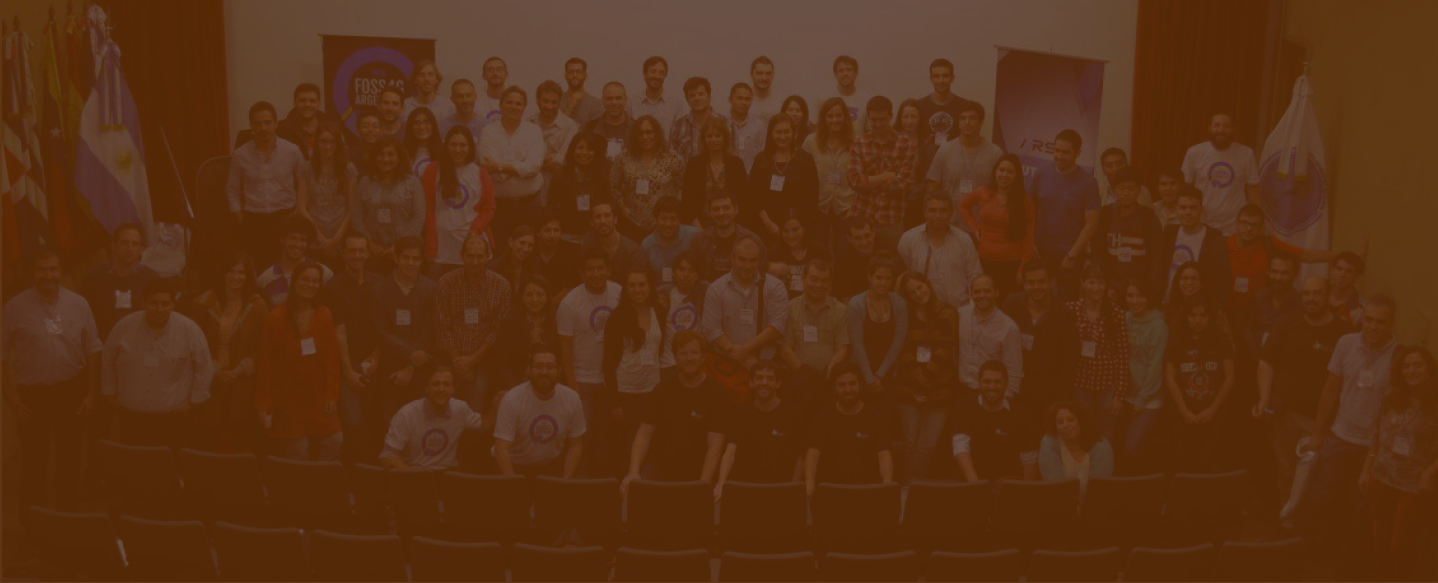2021-10-01, 09:00–09:30, Humahuaca
The talk reviews the experience in design and implementation of the project to aid public health decision making using geographical data of patients with Covid-19, developed by the Information Management and Health Statistics Office of the City of Buenos Aires.
Buenos Aires, a very heterogeneous city in terms of population density and social stratification, with a corresponding geographic correlation, presented unique challenges to this effort. Aspects related to the specificity of the difficulties of georeferencing people in general and in the 2020 healthcare context, the technical problems encountered in the process and their resolution, as well as the role of free and open source software tools that allowed the success of the project will be reviewed.
At the beginning of 2020, the City of Buenos Aires, like most of the world's megacities, was faced with the unprecedented situation generated by the spread of covid-19. In this context emerged the need to generate and manage a large volume of geodata to direct public policy actions.
A team part of the Information Management and Health Statistics Office of the City of Buenos Aires faced the task of georeferencing a very high volume of patients with Covid-19 living in the city in order to properly manage the health context and facilitate decision-making with an immediate territorial impact.
This objective set the course for the general georeference project, which had different informational inputs pre-established and under development that were articulated by analysts of the Office using different tools such as free and open source R language-based libraries.
The success of the project, which was able to provide information on the distribution of georeferenced cases in a timely manner, made it possible to make 3 levels of decisions. At the macro level, it enabled the definition of major public policies based on geographic data, such as the decision to create testing centers in the so-called “Operativo Detectar” and to set up teams to visit informal settlements. At the meso level, it allowed the monitoring of the Operativo and the evaluation of its scope, while at the micro level it was able to guide the search for people and their close contacts.
Santiago Esteban
Mariano Aizpurúa
Andrea Zumarraga
María Nanton
Information Management and Health Statistics Office of the Ministry of Health, Buenos Aires, Argentina
Use cases & applications
Topic –FOSS4G implementations in strategic application domains: land management, crisis/disaster response, smart cities, population mapping, climate change, ocean and marine monitoring, etc.
Level –1 - Principiants. No required specific knowledge is needed.
Language of the Presentation –Español
Trabajando en la intersección de salud pública, ciencia de datos e inferencia causal para mejorar la toma de decisiones
María Nanton is a Data Analyst from Buenos Aires, Argentina. She studied Communication Sciences and Editing at the University of Buenos Aires, where she also teaches Marketing. An RLadies Buenos Aires co-organizer, she loves coding, learning and joining conferences from all around the globe.

